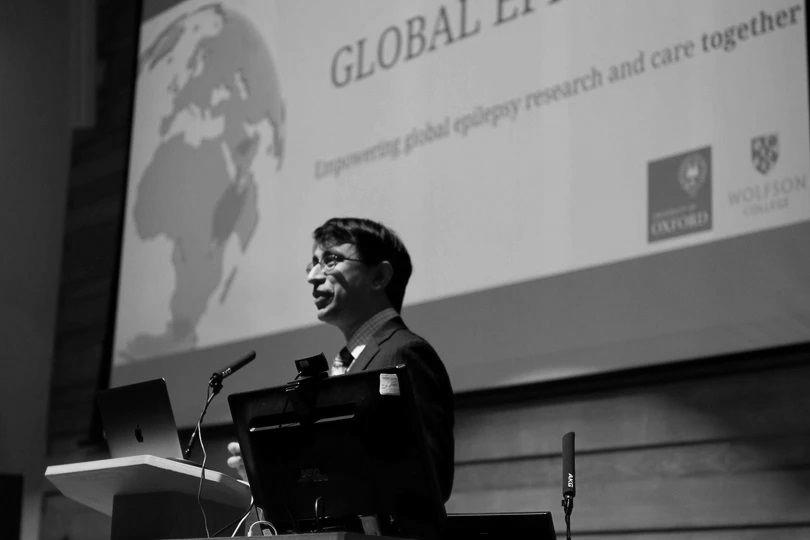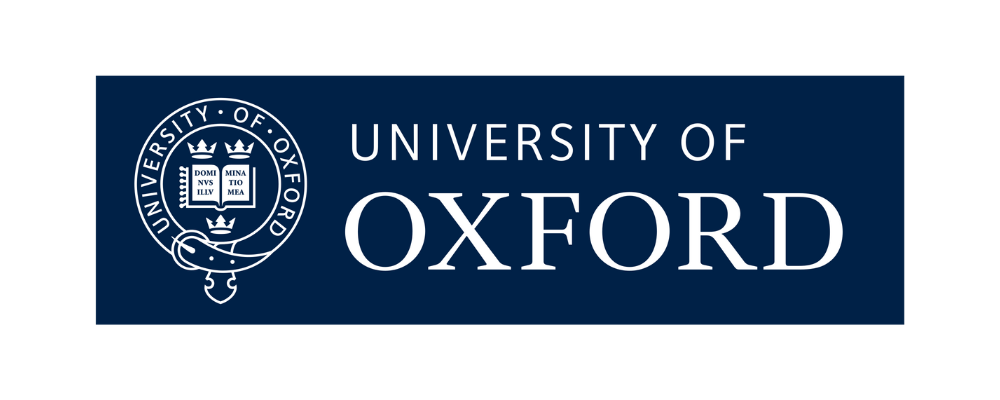Researchers from academic institutions in Africa, South America, the United States, and Europe congregated to celebrate the launch and demonstrate their commitment to global epilepsy research and care.
Based at Wolfson College within the University of Oxford, and generously supported by the BAND Foundation, the Centre for Global Epilepsy will address the global burden of epilepsy, particularly in resource-limited settings. The centre collaborates with key research institutions and epilepsy clinics worldwide, linking expertise from high-income settings with those in resource-limited environments to drive advancements in epilepsy research, diagnosis, treatment, and care. In alignment with the World Health Organization’s Intersectoral Global Action Plan on Epilepsy and Other Neurological Disorders, the centre aims to foster global learning on epilepsy, provide immersive research opportunities in Oxford, and serve as a multidisciplinary hub for knowledge exchange.
 Wolfson College – Centre for Global Epilepsy
Wolfson College – Centre for Global Epilepsy
Globally, over 50 million people live with epilepsy, yet approximately 85% lack access to accurate diagnosis or effective treatment. Barriers include costs, limited availability of anti-seizure medications, and a shortage of trained healthcare professionals. Compounding these challenges is the pervasive stigma surrounding epilepsy, especially in areas where awareness of the condition is low. This stigma often leads to discrimination in workplaces, personal relationships, and within communities.
Professor Arjune Sen, Director of the Oxford Martin Programme on Global Epilepsy, Chief Executive of the Centre for Global Epilepsy and Professor of Neurology at the University of Oxford, said:‘It is a great privilege and pleasure to lead the Centre for Global Epilepsy. Even though more than 50 million people have the condition, for far too long epilepsy has been marginalised. Propelled by the power and good will of close collaborators and friends, we are determined to make positive impacts that deliver real-world benefits for those who happen to have seizures.’
The event, opened by Wolfson College President Sir Tim Hitchens, highlighted epilepsy as a global health imperative. Professor Sen formally launched the centre, outlining its plans to build global networks of researchers and clinicians, host capacity building initiatives including Visiting Fellowships, and drive the development of tools and techniques to improve diagnosis, treatment, and outcomes for people living with epilepsy.
Other speakers included Kevin Marsh from AfOx, Trudie Lang from The Global Health Network, Taurai Kadzviti from the Epilepsy Support Foundation Zimbabwe, and Dr Gift Wilson Ngwende from University of Zimbabwe.
The centre will curate data, foster collaborations and drive future research and innovation. A unique aspect of the centre’s multidisciplinary work is its close alignment with researchers across humanities and history disciplines, particularly in the field of oral histories. At the core of the centre’s mission is a commitment to working equitably with people affected by epilepsy and their communities, challenging stigma, and advocating for greater understanding and acceptance worldwide.
Under Professor Sen’s leadership, the pioneering Centre for Global Epilepsy will address these challenges. The Oxford Martin Programme on Global Epilepsy has played a vital role in the centre’s establishment. The launch event came together thanks to Caoimhe Twohig-Bennett (Director of Research at CGE) and Anna Minarik (Project Manager at the Oxford Martin Programme for Global Epilepsy).
“The University of Oxford is a collegiate research university in Oxford, England. There is evidence of teaching as early as 1096, making it the oldest university in the English-speaking world and the world’s second-oldest university in continuous operation.”
Please visit the firm link to site


